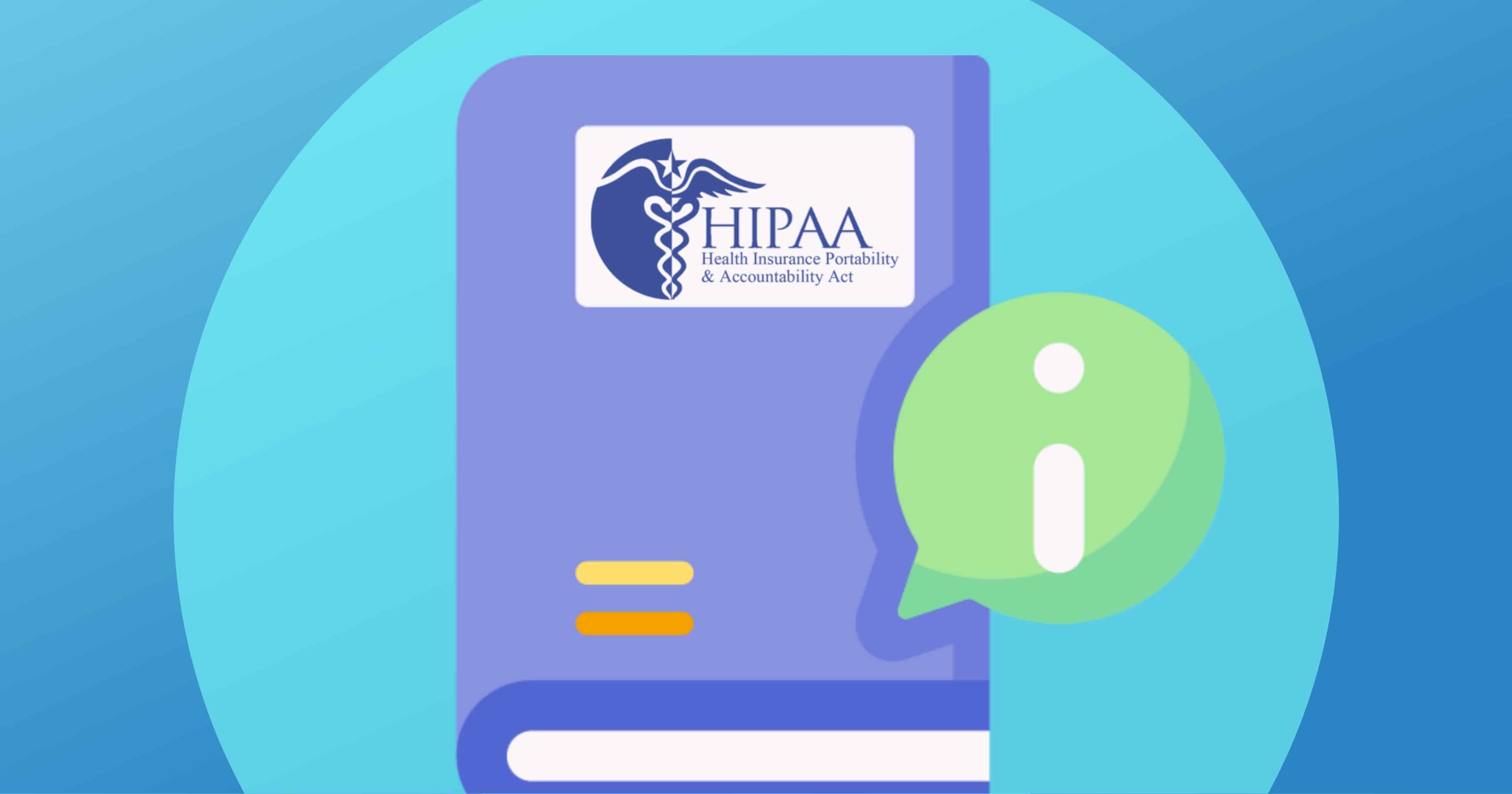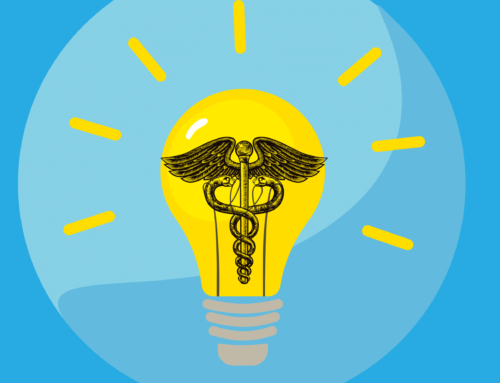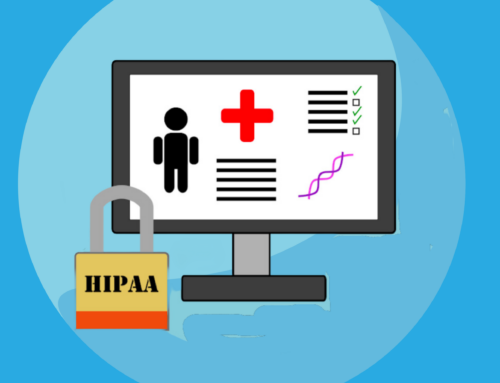For any organization in the healthcare industry, compliance with HIPAA regulations is mandatory. Not only does non-compliance lead to severe financial penalties but it also puts patients’ privacy at risk. Finding the right HIPAA compliance guide can mean all the difference in meeting your legal obligations.
7 HIPAA Best Practices to Guide Your Compliance
The Health Insurance Portability and Accountability Act (HIPAA) is a federal law that regulates the way healthcare providers handle sensitive patient information. HIPAA protects patients’ privacy by requiring healthcare organizations to establish security protocols for handling electronic protected health information (ePHI), which includes all medical records, billing information, insurance details, and other personal health data.
Here are some essential steps that can help serve as your HIPAA compliance guide:
- Develop policies and procedures: Organizations must have written policies and procedures in place that clearly define how they will handle ePHI. These should be regularly reviewed, updated as necessary, and communicated effectively to all employees.
- Conduct regular risk assessments: Regular risk assessments are crucial for identifying potential vulnerabilities within your systems that could compromise the confidentiality of patients’ health data.
- Implement technical safeguards: Technical safeguards include measures like access controls, encryption keys, or two-factor authentication tools that limit who can access ePHI according to job roles or authorization levels.
- Educate employees on HIPAA requirements: All employees who come into contact with ePHI must undergo training on HIPAA rules including best practices for protecting confidential data, such as password protection guidelines or secure communication methods.
- Establish contingency plans: In case of a breach, incident, or disaster scenario where ePHI may be lost / stolen / damaged – having backup systems in place ensures quick recovery without compromising patient’s private information.
- Monitor compliance activities regularly: Auditing logs periodically helps ensure ongoing adherence to established policies and procedures while identifying areas requiring further attention such as remediation efforts, if necessary.
- Maintain documentation: Documentation provides proof of what you did when creating policy/procedure revisions needed over time- it’s important since audits require evidence demonstrating implementation efforts were followed through completely.
By following these steps diligently, healthcare organizations can ensure full compliance with HIPAA regulations and protect their patients’ confidential health information from unauthorized disclosure, or loss due either malicious intent or unintentional mishaps. It’s important work which demands attention from everyone involved to ensure regulatory compliance remains a top priority.
Easy Guide to HIPAA Compliance
Do you need a simplified way to become HIPAA compliant? Compliancy Group’s software provides an easy guide to HIPAA compliance and ensures that you follow HIPAA best practices. Clients also get dedicated support through Compliance Coach guidance who will help you throughout the entire process so that you can be confident in your compliance.









